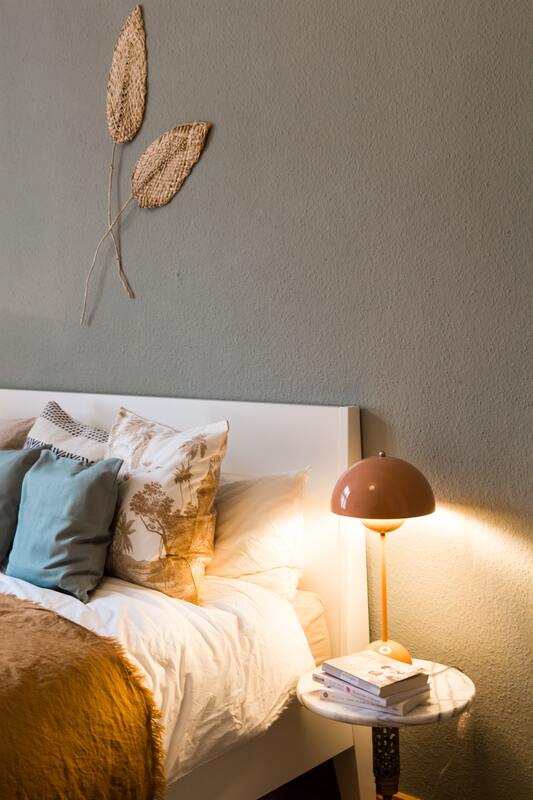|
Collaborative Post | Do you ever look at the ceiling, wondering if you can fall asleep? Or maybe you wake up that it's time to get up, but it's still 2 am. If you require better sleep, consider your sleep hygiene and how your habits may prevent you from getting the quality sleep you need. So let's get into sleep hygiene and the changes you may make to your daytime and bedtime habits to improve your sleep. Also, remember to visit medambien if you have insufficient sleep or other sleep issues. What is Sleep Hygiene?Sleep hygiene refers to healthy sleep habits. Good sleep hygiene is vital because of how crucial getting good sleep is for physical and mental health and quality of life. In addition, your behaviours during the day may affect how well you sleep. For example, the food and drink choices, schedule, evening routine, and many other activities all play a part in your ability to sleep.
Vital sleep hygiene is a bedroom environment and daily routines promoting consistent, uninterrupted sleep. Maintaining a stable sleep schedule, making your bedroom comfortable and free of disruptions, relaxing pre-bed practice, and building healthy daily habits all contribute to excellent sleep hygiene.
Conclusion The basic concept of sleep hygiene, that your environment and habits can be optimised for better sleep, applies to just about everyone. However, ideal sleep hygiene can vary based on the person. Disclaimer: this is a collaborative post. Comments are closed.
|
Search my blog ...Categories ...Read my latest blog post!Subscribe below to receive regular updates by email:
Archives
July 2024
|



